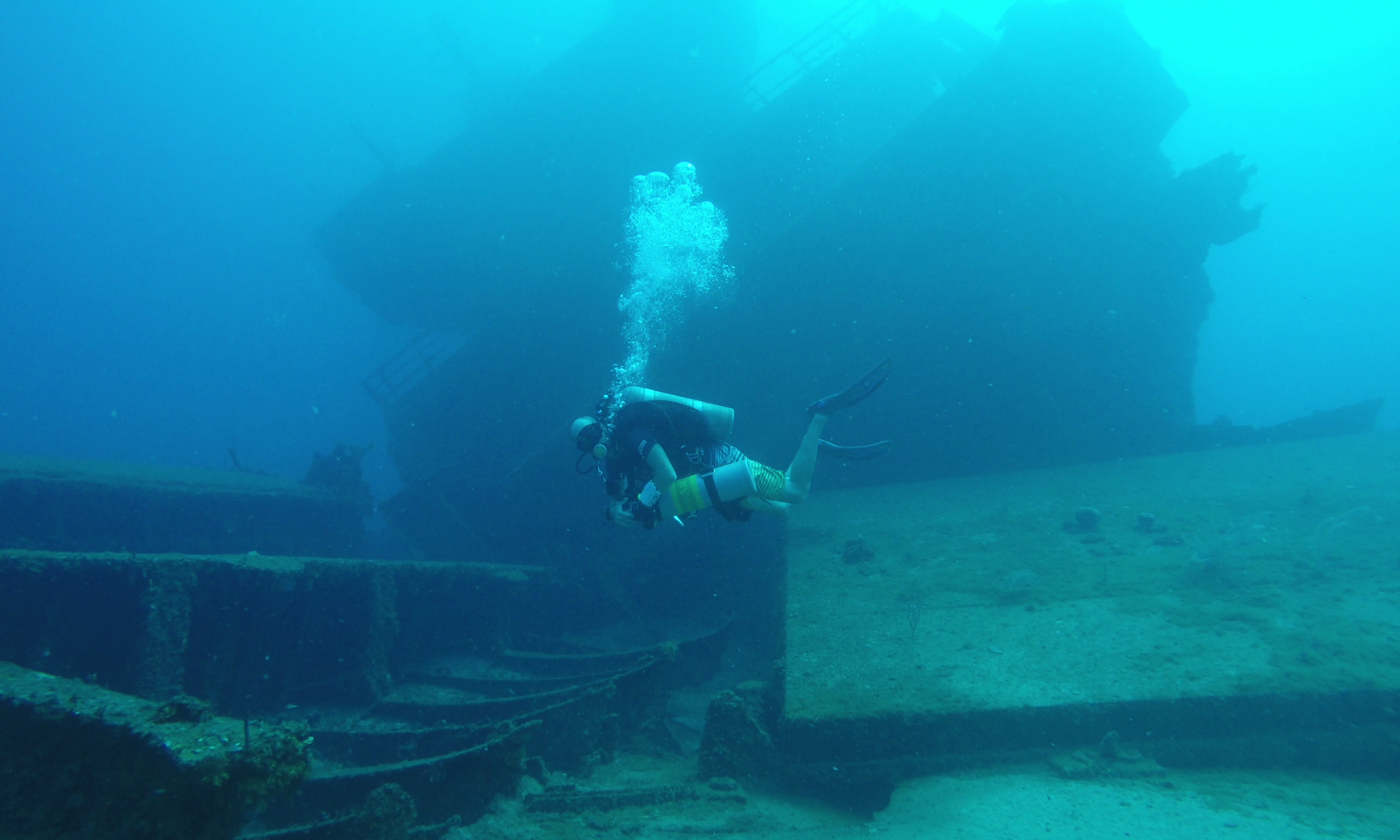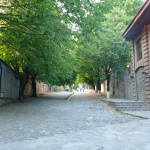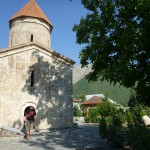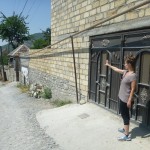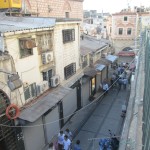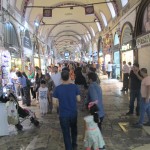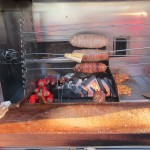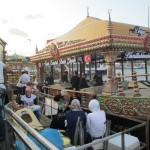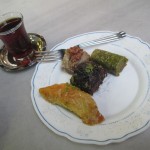All our time in Azerbaijan could have been spent in the capital: not that there was much to do there, but we had a very pleasant time soaking up its weird atmosphere and walking about in its mish mash of soviet architecture, outrageous buildings and modern infrastructure. However, we just had to explore another part of the country, and given our itinerary, we opted for Sheki. It was conveniently located near the border with Georgia and was, according to our research, a charming spot set in the mountains.


Getting to Baku’s main bus station provided to be a bigger challenge than expected, but with a bit of perseverance, copious usage of the Azeri word for bus station (Avtovaĝzal) and the guidance of friendly strangers, we caught a bus towards our next destination at a decent hour in the day. At least this had given us the chance to ride the metro, which was dirt cheap and built after Moscow’s deep underground railways and lavishly decorated (some stations at least).

I had a bad feeling about the bus: it was not sounding right. Unsurprisingly, it broke down on the side of the highway an hour outside of Baku. The crew got busy filling her back up with coolant, but it soon became clear that they had little idea of what they were doing and that we would be stuck there until a replacement bus came and picked us up. The landscape around was arid and the sun hot. Without air conditioning, the interior of the bus soon became unbearable so everyone gathered outside in the shade. No one was complaining. It seems people, hardened by much more difficult times, were used to things not working the way they should. While all were patiently waiting for another transport, me and my girlfriend were standing under the hot sun watching the interesting and unusual (to us) spectacle that was the Azeri highway. Here is a breakdown in a list form:
- cows crossing the highway;
- rusty old Ladas;
- rusty old Kamaz trucks;
- rusty old Soviet era machinery;
- a convoy of Chevrolet Suburban at full speed with flashers on so large that it might very well have been the president’s;
- cars stopping at regular intervals to check us out, maybe to pick up passengers willing to use them as taxis;
- a Mercedes breaking down behind us, and a Lada pulling by to tow it away.

At some point, maybe two hours later, another bus came and finally we were on our way. During a pit stop, we were offered a beer and some chickpeas by a man about our age who had appeared to have taken us under his wing. He spoke no English and was very quiet in his ways, but he was kind enough to call his English speaking girlfriend who did give us a quick explanation of how stops worked here in Azerbaijan. When we arrived in Sheki, he lifted us to our hotel in his friend’s Lada and we parted ways. After some drinks at the hotel, we set out for a restaurant in which we had a feast of beer, Piti (lamb fat and vegetables cooked in earthenware and eaten with bread) and other samples of Azerbaijan’s cuisine. The country foodscape was by itself worth the trip: varied, exotic and tasty. Every meal was a source of excitement and discovery.
The next day, we walked around the town, which set in valley and with its little houses and flocks of Ladas, provided several picturesque moments. We checkout the caravanserai and the old fortified palace (which sucked) they had there and ended our tour in the bazaar. We had arrived to late to see it in action, but I still managed to get my jeans, torn during my motorcycle crash, fixed for 3 Canadian dollars; except for hotels, Azerbaijan is cheap. Still wanting for some more exploring, we took a minibus to a town deeper in the valley. According to the guide, it had an old christian church that could be visited. Back in Sheki on a Lada ride, we finished the day with some more walking around and a meal at the same restaurant we had been to the evening before. That night, we sat quietly in the town square enjoying a beer, telling each other how pleasant a time we had had in this country.
Up early to catch a minibus (markshruty) to the border with Georgia, we took the 10 o’clock towards Balakan. The road was bumpy, the scenery a bit desolate and we stopped at regular intervals to pick up and drop off passengers, but we arrived in Balakan at the planned time. A couple of polite taxi drivers inquired if we wanted a ride to the border but we were in no hurry and wanted to eat our last Azeri meal first. One was king enough to arrange that for us and later on, with bellies full, we hoped on his taxi towards Georgia.
Passing borders overland is always an eerie experience. It seems there are no two crossing alike. This one was basically a long corridor stuffed with cameras (which were plentiful in Azerbaijan) that eventually ended on a bridge over the river marking the delimitation between the two countries. Throughout the whole process we we were basically alone.
Conclusion
While waiting for the Azeri authorities to sort out something that had went wrong with my visa stamp at the airport, I had a quick conversation with the lieutenant in charge of the passport control at the border. He spoke good English and asked candidly what my impressions of his country had been. Given the situation, the answer I gave him was a prepackaged mix of compliments towards the people, the food and the scenery. But I meant every thing I said.

Azerbaijan was either going to be a huge disappointment or an awesome surprise. It came out to be latter and might very well for me be the highlight of my trip to this part of the world. Azeris may not be smiley people, but they are friendly, caring, a bit weird but endearing; even if you don’t speak Russian (extremely useful in this region), they’ll do their best to interact with you and help you out. Travelling there is a bargain but everything you see is authentic: save for a couple of Russians, which are part of the landscape anyway in that region, you are alone as westerner in a country with a culture of its own, but on which its time withing the Soviet Union has had a lasting influence.
In so many aspects, it reminded me of North Korea.
